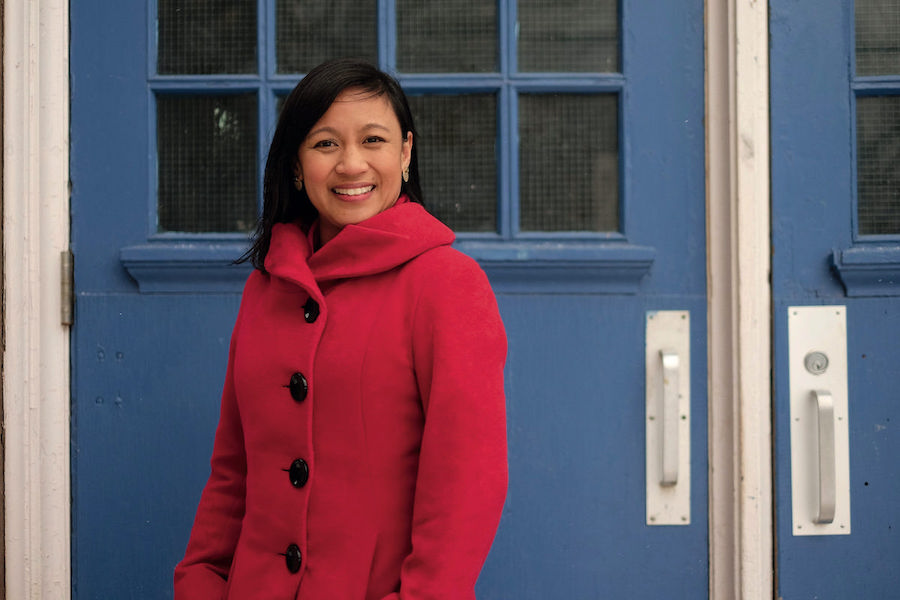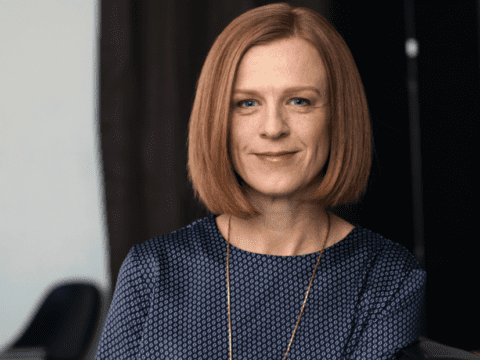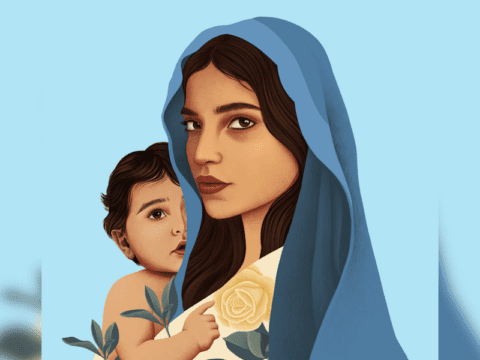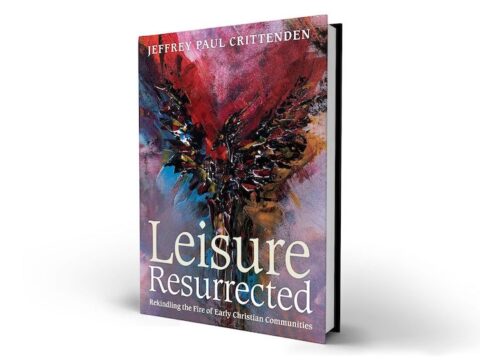“When I was a toddler and you decided to work abroad, did you know that it would be 13 years until we saw each other again?” ponders the homesick Ginette, a 16-year-old who has moved from Malolos, Philippines, to Waterloo, Ont., to live with her mother. “I know you wish that I was different, but honestly, I wish that you were different, too.”
In Reuniting with Strangers, Jennilee Austria-Bonifacio’s heart-rending debut novel about the pitfalls of reconnection, the only thing more painful than being separated from your family is the crushing realization that their lives have simply moved on without you.
You may unsubscribe from any of our newsletters at any time.
With more than 10 million Filipinos living overseas, the Philippines has one of the largest diaspora populations in the world. Filipino Canadian stories that touch on the theme of reunion thus ring true. As of 2021, Canada is home to nearly one million Filipinos. Many settle here as complete families, like mine did 30 years ago. Others arrive in pieces, like the novel’s migrant workers, who toil as caregivers in places as disparate as Toronto and Osoyoos, B.C., so that, with luck, their children can one day join them.
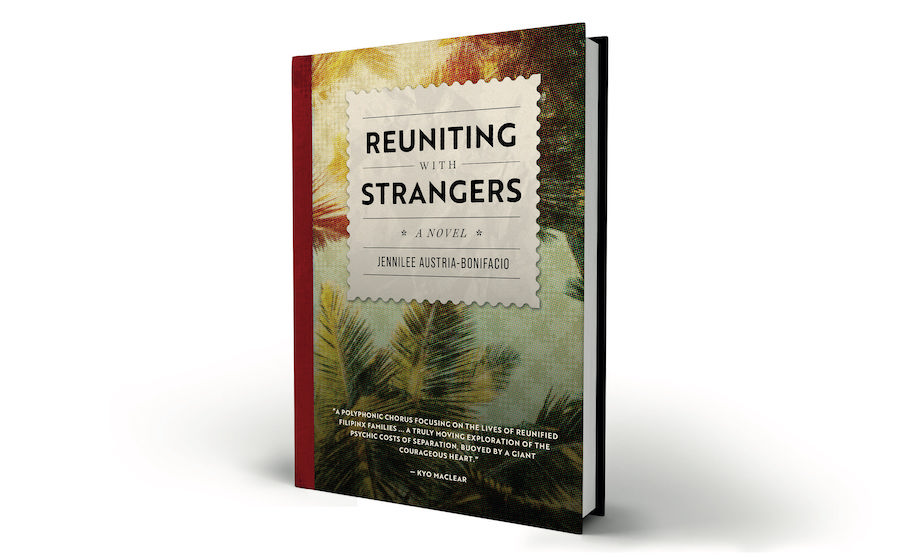
More on Broadview:
- Why diaspora communities in Canada are struggling to keep their first languages alive
- Indigenous elders celebrate fall harvest with newcomers at Calgary community farm
- African refugees displaced in Toronto find temporary shelter, support at East End United
Austria-Bonifacio’s novel tells eight loosely connected stories. Interspersed with first-person narratives are chapters that embrace a stylistic playfulness: one is a snarky instruction manual from a departing caregiver, while another takes the form of an increasingly hostile email thread between two sisters, the elder of whom is planning to relocate her twin daughters from Manila to Nunavut.
The most unexpected tale is a trip through the musical history of the Philippines. A once beloved singer in the province of Batangas is irritated by the arrival of his family, who are visiting from Winnipeg and Regina to celebrate his birthday. He dislikes his adult children for forgetting their homeland and for giving his Canadian-born grandkids — whom he is meeting for the first time — western names like Clark and Britney rather than “Filipino names that withstood colonization.”
Stories produced by Asian Canadian artists frequently centre on immigrants trying to balance the culture of their new home with the traditions of their previous one. It’s not often we’re shown the vantage points of those who are left behind. They, after all, lose things too: the languages, anecdotes and mementoes that are no longer passed down, and the customs now deemed irrelevant by the young.
After a period as a settlement worker and researcher with school boards throughout Ontario, Austria-Bonifacio launched Filipino Talks, an initiative that builds bridges between Filipino families and Canadian educators. Indeed, her debut is overflowing with astute observations on Filipino concerns and insecurities, but these specificities also render a few sections heavy with expositional dialogue, as if the author is torn between a Filipino readership that will understand the novel’s abundant cultural references and a non-Filipino audience that may need Google handy.
Despite the hardships her characters face, each of Austria-Bonifacio’s stories ends on a hopeful note. After a nasty argument with her estranged mother, Ginette decides it’s finally time to wipe the slate clean: “I need help, Ma. And I think you need help, too.”
***
Robert Liwanag is a digital editor at Navigatr.
This article first appeared in Broadview’s December 2023 issue with the title “Goodbye, Hello.”

